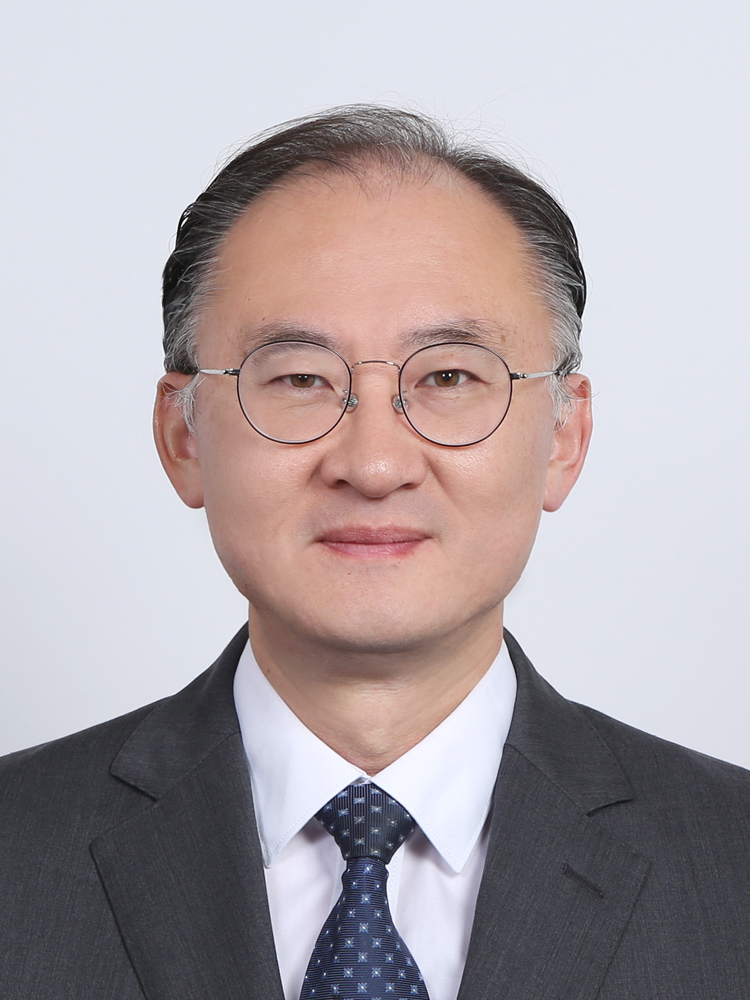
As seen at the recent US-South Korea Summit and G7 Summit, Korea is an attractive country in terms of its advanced economies equipped with high technology, organized democracy, diverse cultural content, stable disease control systems, and strong military capabilities.
Korea has accumulated its capabilities and built trust by creating something out of nothing in such a short period. Korea is gradually becoming a key member of the international community.
However, Korea’s diplomacy is not sufficiently taking advantage of its charm. Moreover, it is still unable to deliver us enough confidence. Korea’s diplomacy is 2 percent short of what it can actually do, and now we literally need “new” diplomacy.
First of all, the new diplomacy must have the decency that goes along with Korea’s status. We must first recognize how we have changed and how we are seen from the outside.
We must acknowledge our competence and affirm our role. We must raise our national prestige, protect our national interests while meeting the expectations of the international community. We should do what we have to do, say what we have to say, and keep what we have to keep. Korea has to be a respected and valued country by contributing to and conducting cooperation and co-prosperity.
Second, the new diplomacy must move beyond the Korean Peninsula, geographically, psychologically, and contextually. So far, any diplomacy that strived to overcome the boundary of the Korean Peninsula has returned to where it was initially standing, whenever the North Korean issue arises. Now, as Korea’s status and power have grown, we also should overcome this psychological fixation on North Korea, shaped back in the 60s and 70s. In other words, the Korean Peninsula Peace Process should be followed by the Korean Peninsula Prosperity Process. It will be beyond the New Southern or New Northern policies, but head toward the Middle East, Africa, and South America. It will embrace the multiculturalism and move on to multilateralism.
Third, the new diplomacy should take a deep breath and make a long-term approach from a strategic perspective, not a short-term choice based on national interests. Korea was under psychological pressure to conduct balanced diplomacy till now. The Korean character “gyun,” meaning balance, basically means choosing without bias. Nevertheless, an exactly even balance is not only impossible, but also dispensable. Korea should rather focus on “equilibrium” in its diplomacy. The term equilibrium refers to reaching balance in terms of contents, not formality. The decisions must calculate the national interest in a long-term perspective by reflecting the situations and core issues.
Fourth, the new diplomacy should be a motivator, not a trigger in the conflict between the US and China. The international community needs a new order, and it should be a “new prosperous” international relations, not a “new type.” China’s proposal of a “New Type of International Relations” has a nuance of devaluing the US leading order as the outdated one. The “new prosperous international relations” includes China’s role while admitting the US leadership, and refers to the development of the entire international community altogether. It is to adopt some changes while accepting the existing order. The US-China relations definitely has numerous competitive aspects, but there is also room for cooperation. Korea should play a buffer role, not a half-hearted middleman between the US and China. Since the summit in May, the ROK-US alliance has escalated to a global alliance, and Korea should be a positive facilitator for the US. In addition, the cooperation with China, which was limited to economic relations and the North Korean nuclear issue, should also be promoted to one of long-term practical cooperation in the line of a strategic cooperative partnership at the global level.
Finally, the new diplomacy must contribute to Korea’s symbiosis with the international community. After the pandemic, the underlying disease of the current international community was revealed. Following the existing economic polarization, the international community is also experiencing a polarization of disease controls. The new diplomacy should be magnanimous. Korea should contribute to the welfare of the international community. We should not act cheaply in liberalizing people from disease and maintaining their least livelihoods with humanitarian assistance. We must contribute to the global community by practicing global altruism.
By Hwang Jae-ho
------------------------------------------------------------------------------------
Hwang Jae-ho is a professor in the division of international studies at the Hankuk University of Foreign Studies.
-
Articles by Korea Herald








![[Graphic News] More Koreans say they plan long-distance trips this year](http://res.heraldm.com/phpwas/restmb_idxmake.php?idx=644&simg=/content/image/2024/04/17/20240417050828_0.gif&u=)
![[KH Explains] Hyundai's full hybrid edge to pay off amid slow transition to pure EVs](http://res.heraldm.com/phpwas/restmb_idxmake.php?idx=644&simg=/content/image/2024/04/18/20240418050645_0.jpg&u=20240419100350)






![[From the Scene] Monks, Buddhists hail return of remains of Buddhas](http://res.heraldm.com/phpwas/restmb_idxmake.php?idx=652&simg=/content/image/2024/04/19/20240419050617_0.jpg&u=20240419175937)

![[KH Explains] Hyundai's full hybrid edge to pay off amid slow transition to pure EVs](http://res.heraldm.com/phpwas/restmb_idxmake.php?idx=652&simg=/content/image/2024/04/18/20240418050645_0.jpg&u=20240419100350)

![[Today’s K-pop] Illit drops debut single remix](http://res.heraldm.com/phpwas/restmb_idxmake.php?idx=642&simg=/content/image/2024/04/19/20240419050612_0.jpg&u=)